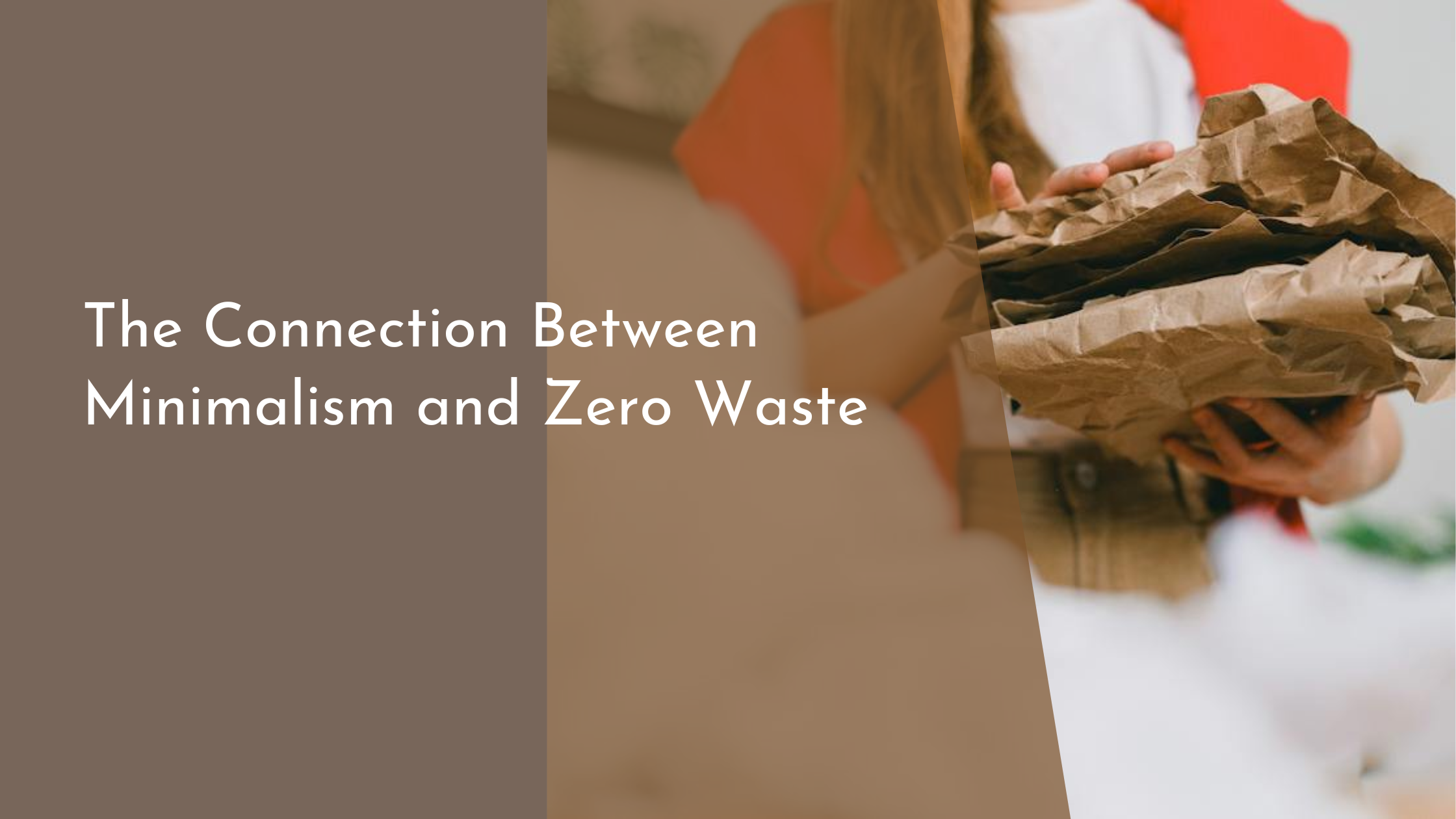The Connection Between Minimalism and Zero Waste
In an age where consumerism often dictates our lifestyles, many people are seeking ways to simplify their lives and reduce their environmental impact. Two popular movements gaining traction are minimalism and zero waste living. Although distinct, these lifestyle choices share common values that encourage individuals to be more mindful about consumption and waste. In this article, we explore the connection between minimalism and zero waste, and how embracing elements from each can lead to a more fulfilling and sustainable lifestyle.
Understanding Minimalism: More Than Just Aesthetic
Minimalism is often associated with clean lines, uncluttered spaces, and a monochromatic color scheme. However, beyond its aesthetic appeal, minimalism embodies a philosophy that prioritizes intentional living. At its core, minimalism encourages individuals to focus on what truly matters by eliminating excess possessions and distractions. This approach fosters clarity and purpose, allowing individuals to invest time and energy into relationships, experiences, and personal growth rather than material accumulation.
Furthermore, minimalism challenges the societal norms that equate success and happiness with the ownership of more things. By consciously choosing to own fewer items, minimalists reduce the mental and emotional burden associated with managing excessive belongings. This shift in mindset emphasizes quality over quantity, prompting individuals to be more selective about what they bring into their lives. Minimalism not only reshapes living spaces but also cultivates a mindset of appreciation and gratitude for what one already has.
Zero Waste Living: Beyond Recycling and Composting
Zero waste living is a lifestyle choice dedicated to minimizing the amount of waste sent to landfills by reducing, reusing, and recycling materials. However, it extends beyond simply recycling and composting; it involves rethinking the way we consume products and resources. At the heart of zero waste living is the principle of refusing unnecessary items, such as single-use plastics, and choosing sustainable alternatives whenever possible. By doing so, individuals can minimize their environmental footprint and contribute to a cleaner planet.
Additionally, zero waste living encourages people to consider the lifecycle of products and the impact of their choices on the environment. This often entails supporting businesses and brands that prioritize sustainable practices, such as using eco-friendly packaging or offering refillable options. By adopting a zero waste mindset, individuals become more conscious consumers, making informed decisions that align with their values and promoting a culture of sustainability.
How Minimalism and Zero Waste Complement Each Other
Minimalism and zero waste living intersect in their shared emphasis on intentionality and mindfulness. When incorporated together, they create a powerful approach to living that reduces both physical and environmental clutter. Minimalism’s focus on owning fewer items naturally aligns with zero waste’s mission to reduce waste, as both lifestyles advocate for conscious consumption. By adopting minimalist practices, individuals often find it easier to transition to a zero waste lifestyle, as they are already accustomed to valuing quality over quantity and avoiding unnecessary purchases.
Moreover, both minimalism and zero waste highlight the importance of valuing experiences over possessions, encouraging a lifestyle rich in meaningful moments rather than material goods. By embracing simplicity, individuals can cultivate a deeper connection with their surroundings and community, leading to a more enriched and balanced life. Together, minimalism and zero waste living provide a roadmap for sustainable living that prioritizes both personal well-being and environmental responsibility.
Embrace Simplicity and Sustainability: A Joyful Conclusion
Adopting elements of minimalism and zero waste living can lead to a more intentional and harmonious life. By reducing clutter and waste, individuals can focus on what truly brings them happiness, whether it’s spending time with loved ones, pursuing passions, or simply enjoying the tranquility of a clutter-free space. This shift towards simplicity not only enhances personal well-being but also contributes to a healthier planet.
Ultimately, the connection between minimalism and zero waste offers a hopeful vision for the future—one where individuals can lead fulfilling lives while minimizing their impact on the environment. By embracing simplicity and sustainability, we can create a joyful and balanced lifestyle that honors both our personal values and the planet we call home.
In a world filled with constant noise and consumption, minimalism and zero waste living provide a refreshing alternative focused on mindfulness and sustainability. By exploring the synergies between these two movements, individuals can find a path towards a more meaningful and environmentally-friendly life. As we strive to make conscious choices, our collective efforts can lead to a brighter, more sustainable future for generations to come. Embrace the joy of simplicity and embark on a journey towards a more intentional and sustainable lifestyle.


